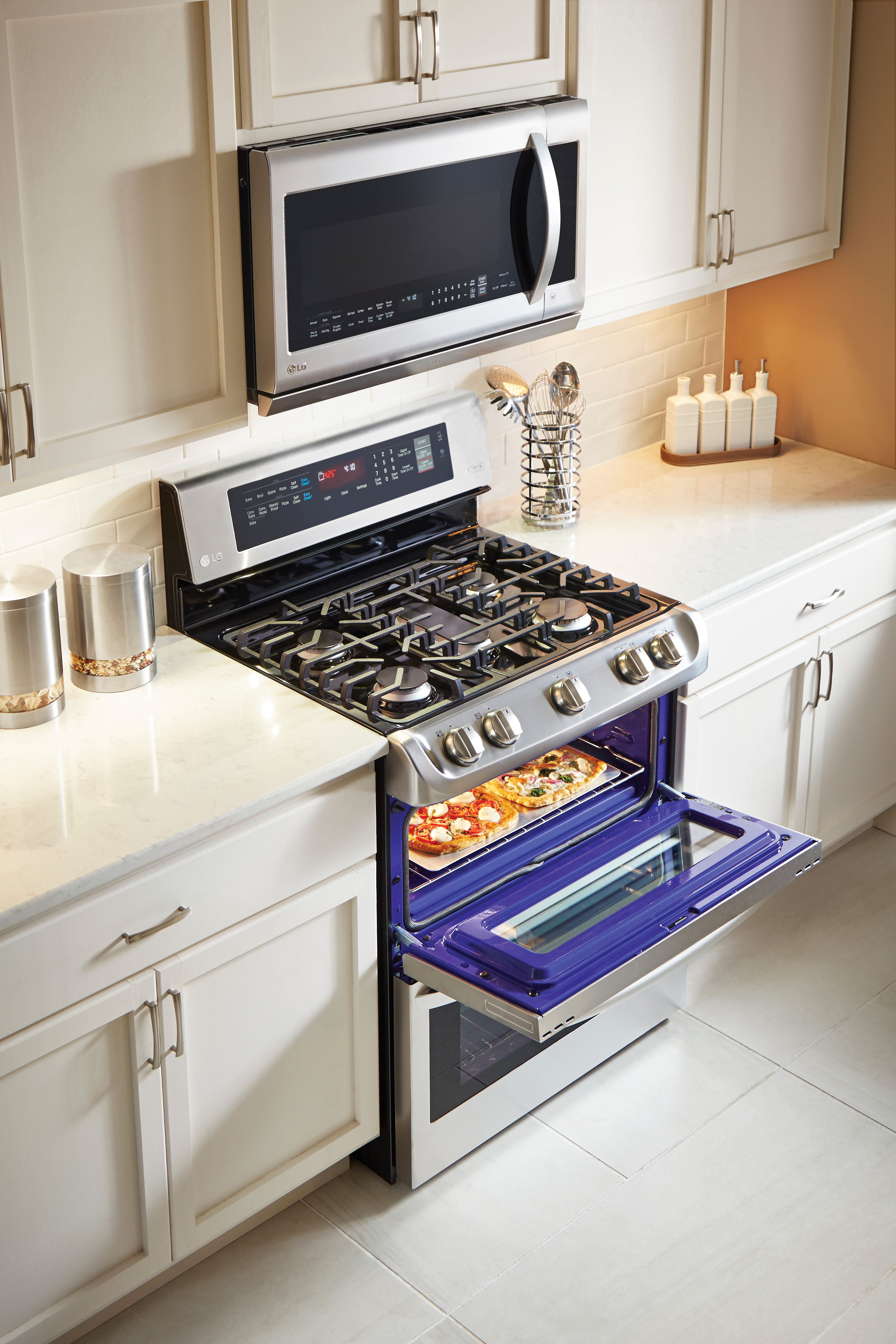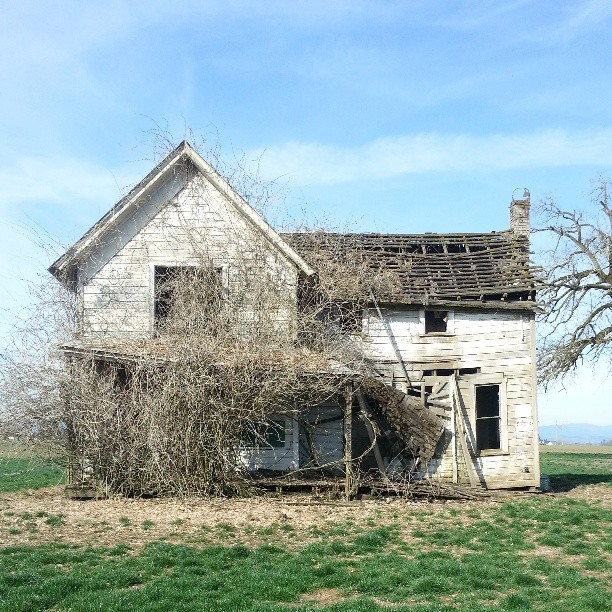What to Know Before Purchasing Your First Investment Property.
It seems every day you hear this or that person excitedly planning their real estate investment, even as the housing market ebbs and flows. This hard asset venture is appealing for a variety of reasons; great returns on investment, residual income for years, and appreciation over the years. But even with all of their rewards, investment properties aren’t without their fair share of risk. Before you throw your hat into the ring, make sure you are well-versed on the ins and outs of the process.
Get an Education
You can’t simply purchase a home, rent it out, and expect to make the most out of your investment without doing detailed research first. Speak to those you know (and meet those you don’t) who are involved in real estate. Read all the literature about real estate that you can get your hands on. Knowledge is power, and if you’re looking to make smart investments, you’ll need to have a comprehensive handle on the industry.
Determine How You’ll Fund Your Venture
How do you plan on funding your real estate investment? From the large down payment required (you can’t get mortgage insurance), loan costs, and property taxes, you’re looking at putting out a lot before getting any kind of return. The best way to buy property is with cash, but not all of us have large stores of money to draw from. You might use conventional financing and use the property you’re purchasing as collateral, use a Home Equity Loan using your existing assets as security, or cash-out refinance. Some real estate hopefuls decide to use private lending, finding investors through sites like FundingFinder.xyz.
You also never know what your current connections can do for you. Make a habit of talking about your real estate goals, because you never know who might be looking for an investment opportunity. Before you approach anyone about investing, make sure you have a sound business plan in place.
Finding Your Property
Once you’ve committed to purchasing real estate, invest your time into acquiring the perfect place. Realistically, buying a property that’s within a two hour driving radius is ideal, but most landlords prefer to have it closer, within their hometown. Use listing websites like Zillow to find homes within your price range, and take your time—don’t let your excitement to invest force your hand into buying a property that doesn’t check off all of your boxes. It’s as easy as doing a search for homes for sale in London and comparing different properties. You may also elect to hire a real estate management company to help you find the place, but know you’ll shell out more money for these types of services.
You’ll Want to Do Your Own Repairs
Have friends come to you with their home woes before? Are you a master at repairing the issues that come up in a home, from the little to the major? If you’re not a whiz at home repair, think long and hard about your decision to rent out a property. As a landlord, you’ll be required to handle any issues that come up in a timely manner. While you’re always able to hire out for any problems that arise, this will greatly cut into your profits and cause more headaches than it might be worth. Having a solid grasp on the issues landlords usually face with their rental properties is essential before signing your name on that dotted line. As repairs and accidents can happen at any time, before going into your investment, make sure you have enough set aside to cover anything that comes up until rent starts rolling in. You’ll even have to think about the long-term about any repair or renovation that you need to do. Major projects could cost you in the long run if not done correctly. This could also aide in your home’s value, should you have it appraised. If all goes well, your home’s equity could be a good source of additional income or funds, by getting a reverse mortgage for example, you’ll have access to your home’s equity. You can even visit the
website southrivermortgage.com to get a more detailed idea about the reverse mortgage process”.
Placing the Right Tenants
If you hope to make any sort of money from your real estate investment, you’ll need to be wary of renting to bad tenants. That rent check each month will be your income (and likely the thing to pay your mortgage or loan for a while), so making sure you place someone reliable in your home is paramount. Always be sure to run a tenant check, be thorough with referrals, and craft an airtight lease before allowing anyone to move into your property.
Investing in real estate can be a lucrative move for entrepreneurs looking to dip their toe into the housing market, but there are a bevy of issues that need addressing before taking the plunge.





Pingback: 3 Smart Ways to Invest in Real Estate By Becoming A Landlord - Night Helper